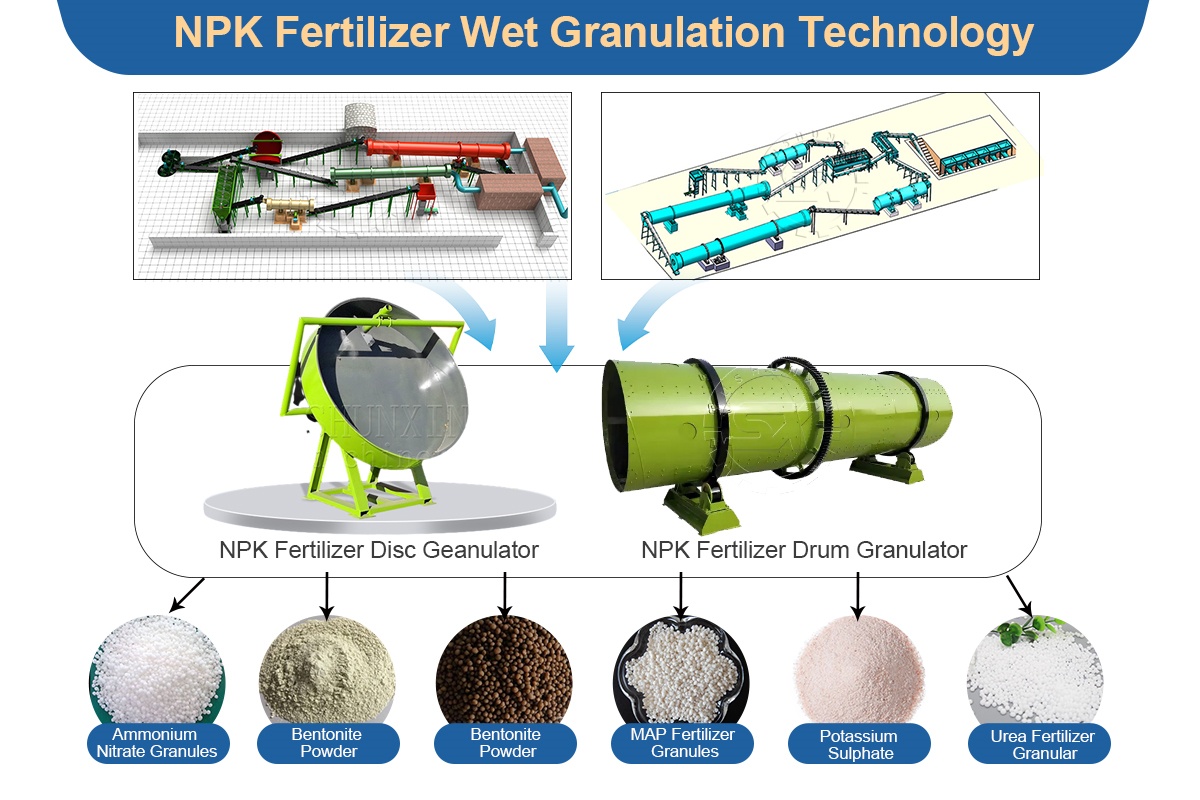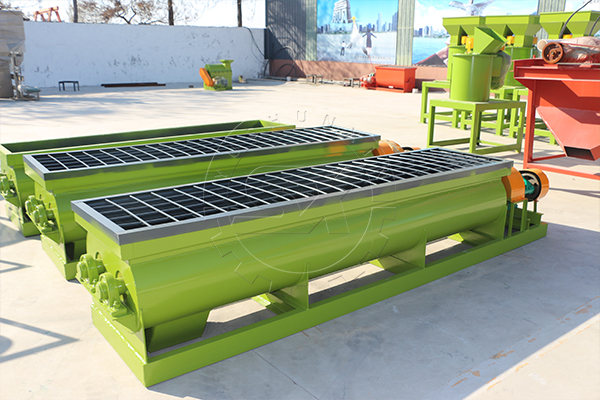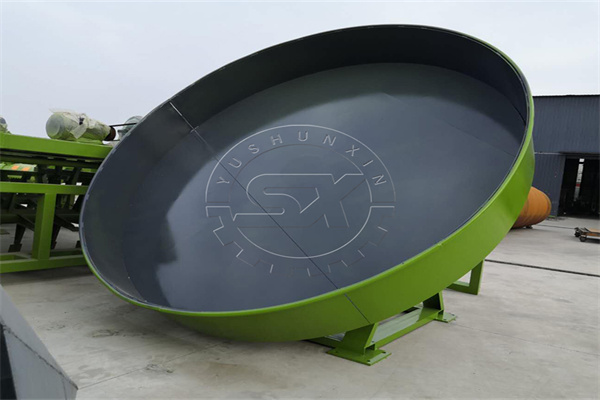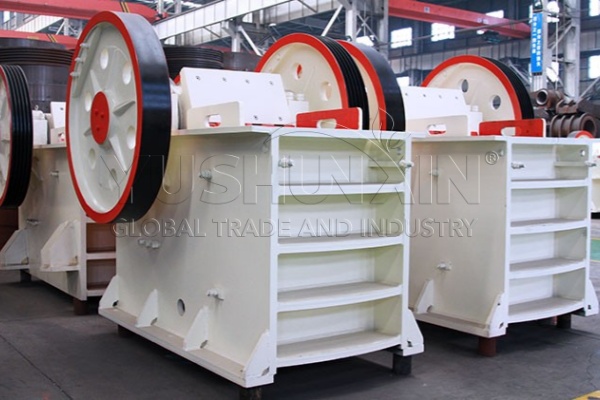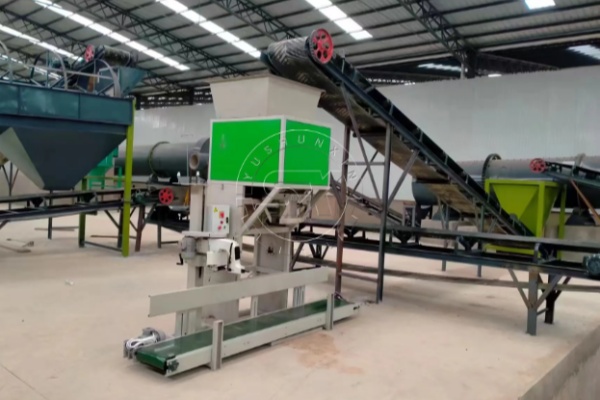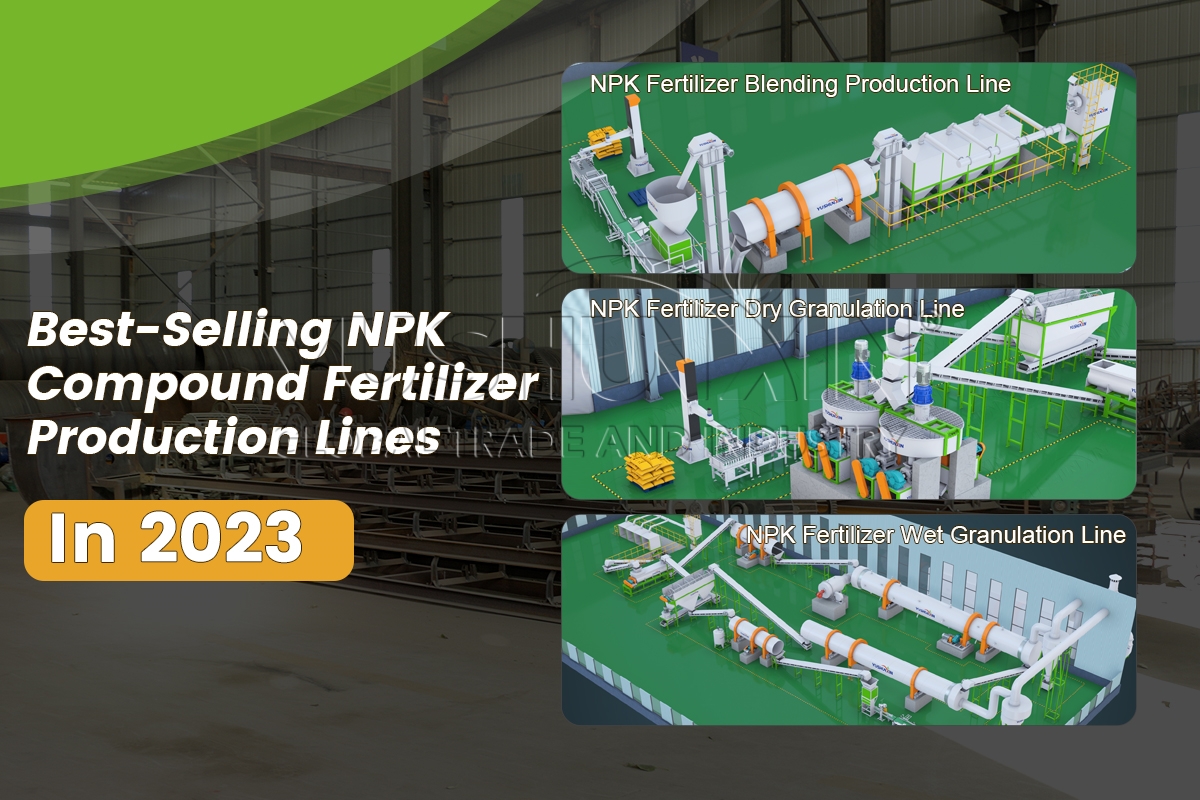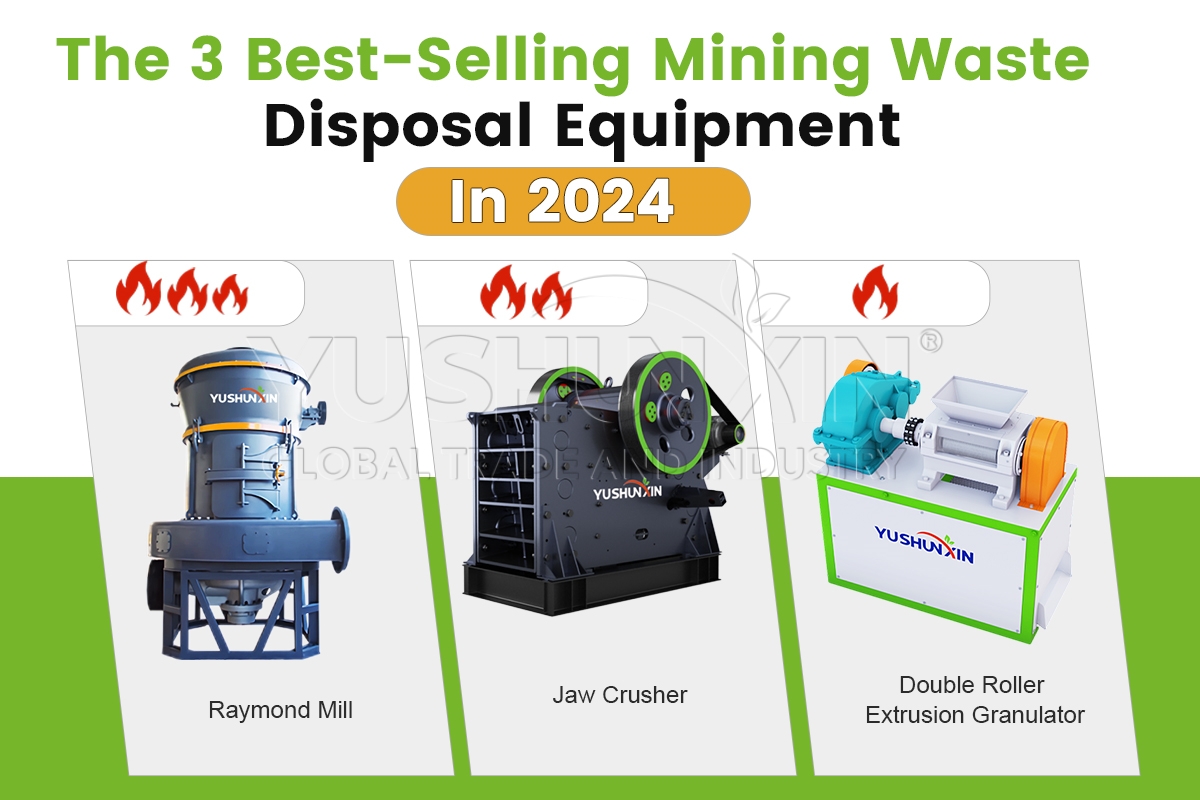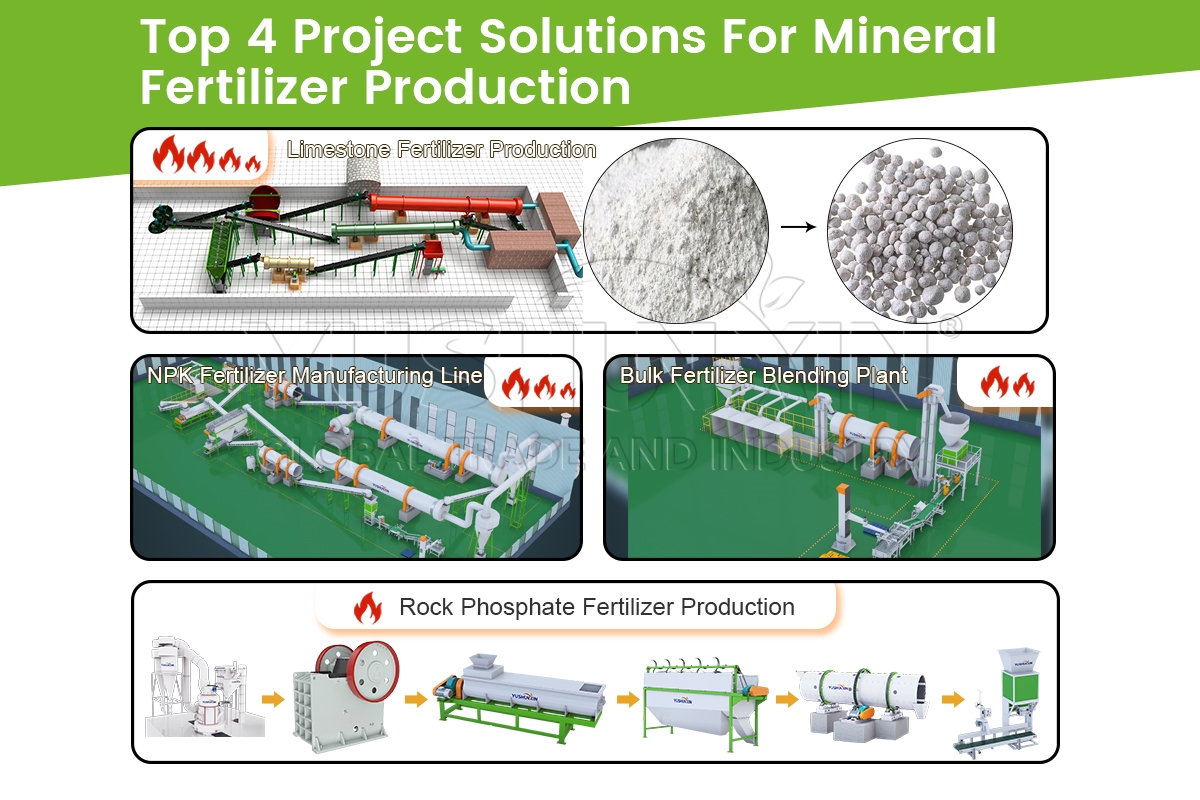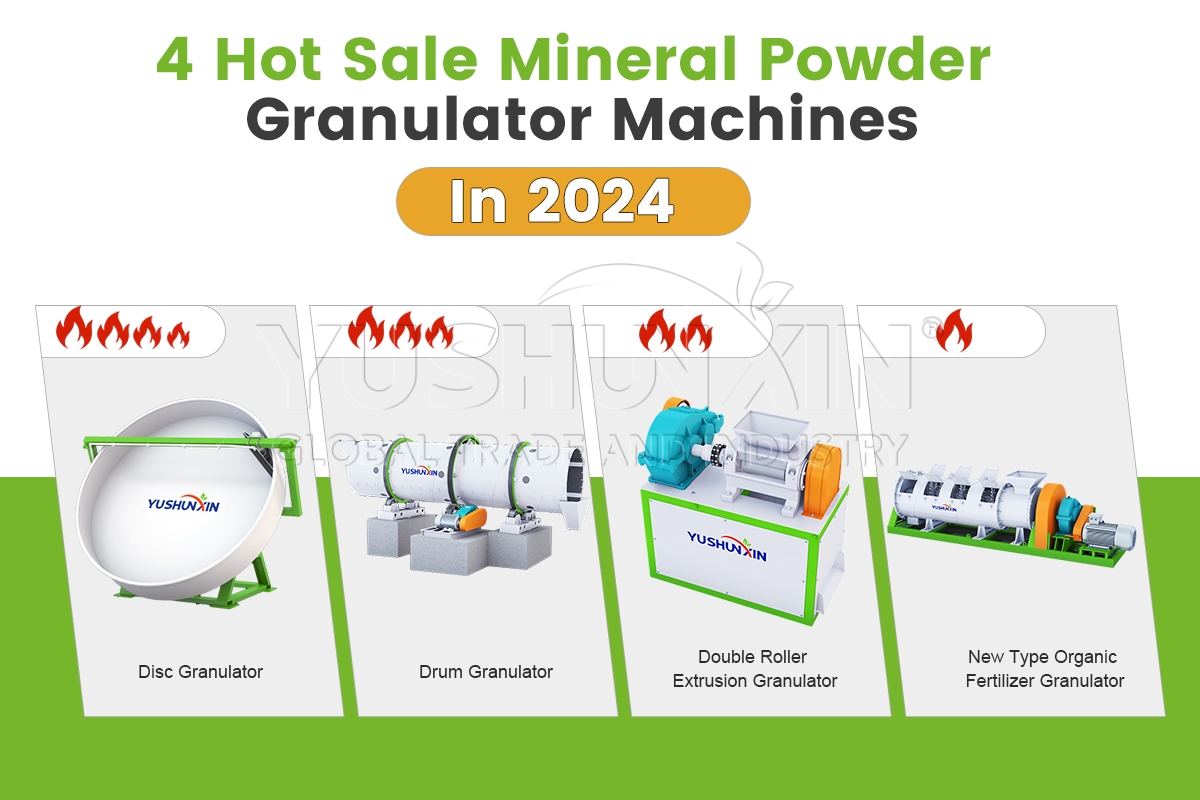Tip 1: Selecting The Right Raw Materials for Industrial Ore Fertilizer Granulation
What types of raw materials are best for producing high-quality mineral fertilizer granules? The quality of your mineral fertilizer granules largely depends on the raw materials you choose. Thus, customers should opt for high-grade rock, ore, and mineral sources to ensure the effectiveness of the fertilizer. Here are some options.
- For nitrogen fertilizers, fertilizer production suppliers often perfer urea and ammonium nitrate powders for their ease of processing and lower purchase costs.
- Typically, phosphate fertilizers utilize powdered superphosphate and diammonium phosphate offer cost-effective alternatives.
- Commonly, for potassium fertilizers, potassium sulfate (K₂SO₄) and potassium chloride (KCl) powders are more economical.
- Besides, you can add trace element fertilizers made from gypsum, , borax, and various zeolites, quartz, and sepiolite to enhance market competitiveness.
- Also, if you have a farm, you can make organic-mineral fertilizers by combining animal manure, crop residues, sludge, and humic acid with mineral nutrients, to reduce raw materials’ costs and earn money.
In a word, Yushunxin offers a range of solutions, including rock phosphate fertilizer production or NPK fertilizer granulation line, to cater to different needs. Selecting the right raw materials can make more profit, so you always pay attention to cost performance.
Tip 2: Ensuring High-quality Rock Fertilizer Granules Production
Tip 3: Quality Control & Packaging for Ore Fertilizer Market
Why is quality control and packaging important in mineral fertilizer production? Quality control and packaging are critical steps that ensure the final product meets industry standards and customer expectations. Therefore, customers should implement stringent quality control measures and use reliable packaging solutions.
On one hand, quality control starts with screening the granules using a granule screening machine to separate fine particles from the desired granule size. This step ensures uniformity in the mineral granule products. Following screening, the granules should undergo drying using a fertilizer dryer to remove any excess moisture, preventing clumping. Finally, you can use fertilizer bagging machine to automatically weigh and pack granules. What’s more, Yushunxin offers semi- or fully-automatic packing solutions to ensure mineral granules’ storage and transportation.

